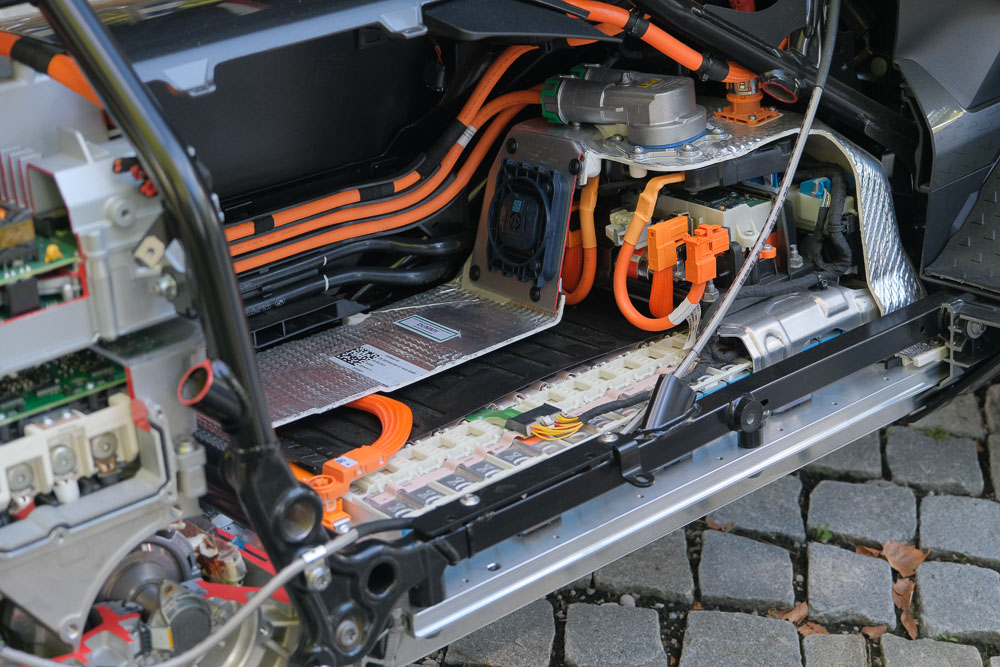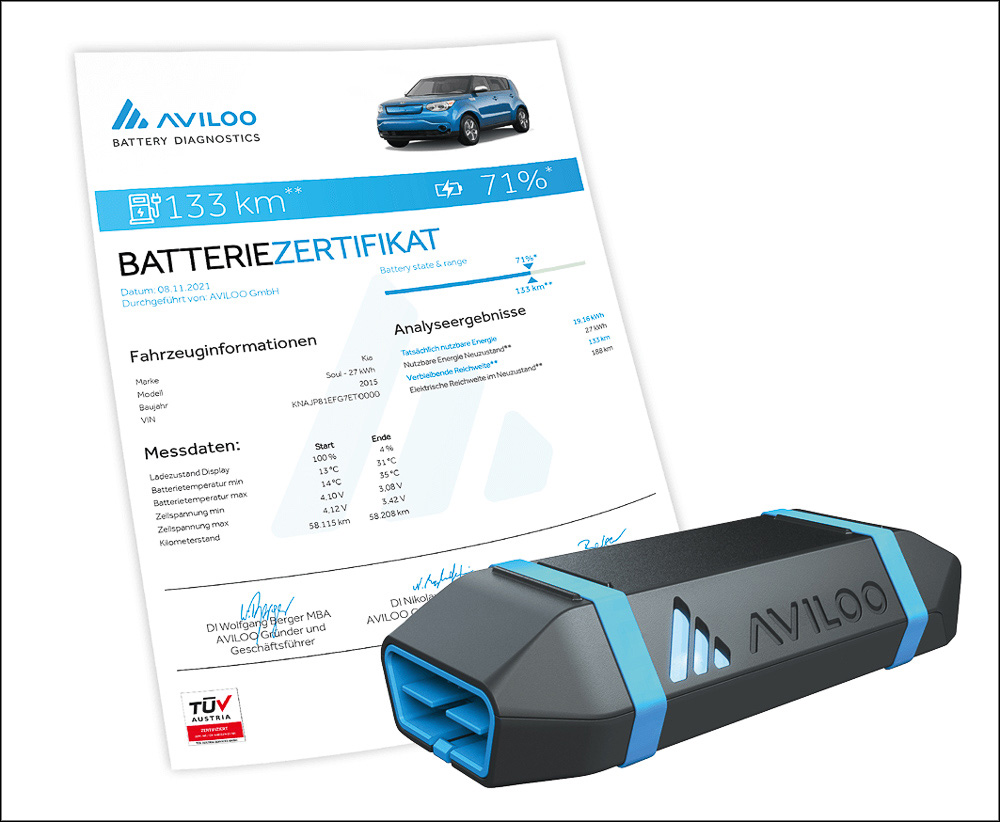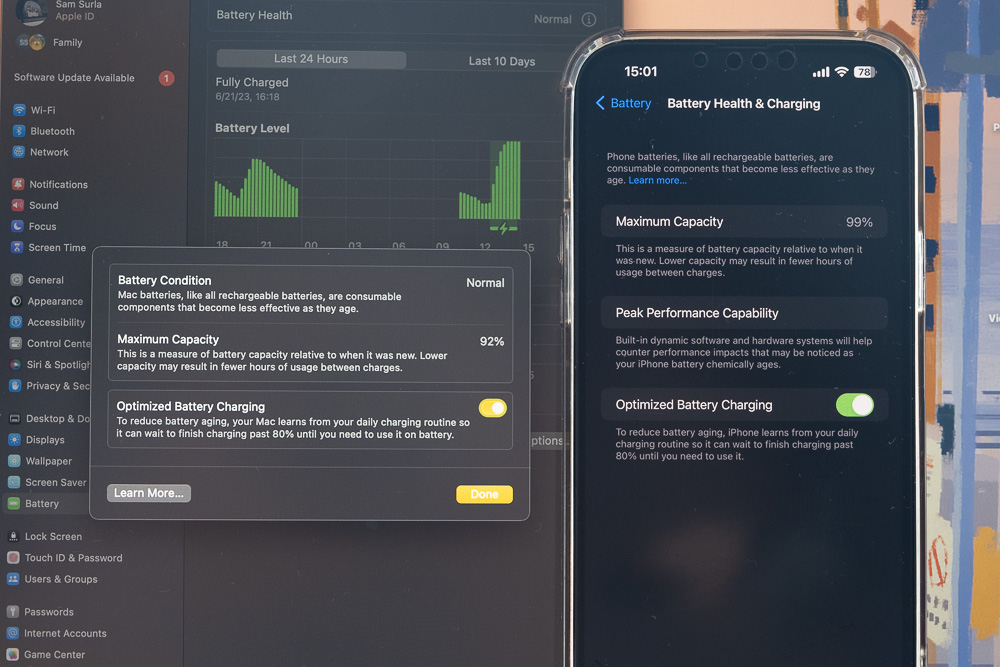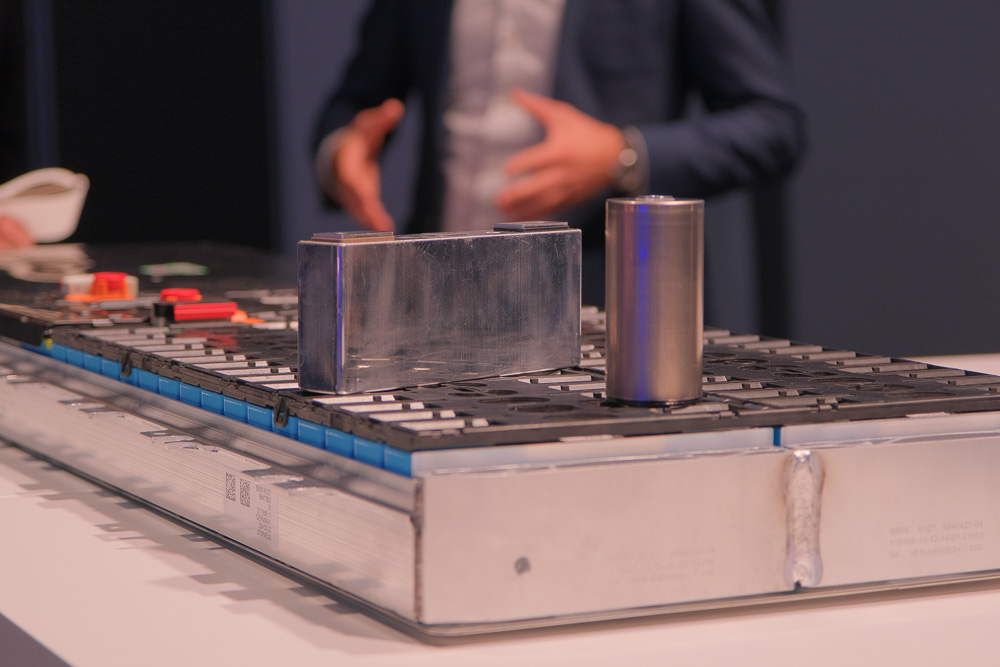
More and more new and used electric cars are being sold all over the world. Even on our shores, the EV revolution is slowly taking off, but this change in the way we move brings with it new challenges. One of them is how to charge all these battery-powered vehicles, but that’s already being addressed.
A bigger challenge might be the different ways in which we assess the values of these green machines when compared to fossil-fuel burners. When you buy a used ICE vehicle, it’s relatively easy to have a look under the hood and get a good idea about the health of the engine.
With EVs, it’s not that simple. To give consumers more confidence and better information about the mechanical condition of these cars, the EU Commission is currently proposing a digital Battery Pass—an idea we should probably adopt here as well.

The most important component of an electric car is the main battery that powers the drivetrain. Not only does it determine the range of the vehicle, but its condition also massively affects the car’s overall value.
If the battery can only store half as much energy as when it was delivered new from the factory, you could argue that the value has consequently shrunk by at least half as well.
Since replacement batteries are very expensive, an old battery with a greatly reduced storage capacity can mean a significant financial loss or sometimes even turn the car into a total write-off.

Unfortunately, checking the so-called State of Health (SoH) of the battery isn’t as easy as it sounds—which is why the EU Commission is proposing the introduction of a digital Battery Pass that reliably shows the SoH of power packs and could become part of any used-car sale.
Checking the SoH of your EV’s battery pack isn’t quite as easy as doing the same thing on smaller devices like your smartphone. This is why the German government has recently launched a project in collaboration with the likes of Volkswagen, BMW, BASF, Fraunhofer Institute for Production Systems and Design Technology, and the battery testing experts from Twaice to create a reliable and consistent method and standard to measure and display battery health.
Similar products are already available in the market, such as the battery certificate from Austrian firm Aviloo, but these are usually only available on request and certainly not mandatory.

The proposed EU Battery Pass will indicate the State of Health of a car’s battery pack, which means its current storage capacity. This decreases with each charging cycle and over time in general. Certain other factors can also influence it negatively, such as frequent rapid charging or longer shutdowns with a fully charged battery.
Since the State of Health is constantly changing (or decreasing as the battery ages), the Battery Pass must be stored in a digital format and in a database where it can be updated almost continuously with regular data input from the battery.
If an electric car goes on sale, prospective buyers can then query the SoH in this database and find out reliably what the value of the battery (and therefore the car) is.

The project is still in its early stages, and whether the data will be freely available or only be accessible for a fee is not clear at this time. What is known is the plan to make this database an international one, so it shouldn’t matter where the battery is from or what company has installed it in what car and where.
As this is a German and EU project, the focus will likely be on this region at first, but the digital format should make it easy to track battery packs across continents as cars are imported and exported all over the globe.

The Battery Pass will also record other facts and make them verifiable, such as the origin of the battery and its components, as well as its composition. This allows conclusions to be drawn about the environmental impact and the working conditions during its production, as well as the carbon footprint that the energy storage device will leave behind from the moment it was made to the time it is disposed of or recycled.
Battery Passes will also allow consumers to draw conclusions about the quality levels of certain manufacturers. The pass will act like a digital advert for those companies that make the most durable and long-lasting batteries, with consumers, carmakers, garages, and even recyclers able to see who makes the best power packs.
Combine all these things and you can see why introducing such a Battery Pass is a pretty good idea. The EU wants its version to be in place from 2027 onward, and we hope the government in the Philippines is listening, as having such a feature will help build confidence among local buyers when it comes to spending their hard-earned cash on an EV.


0 Comments